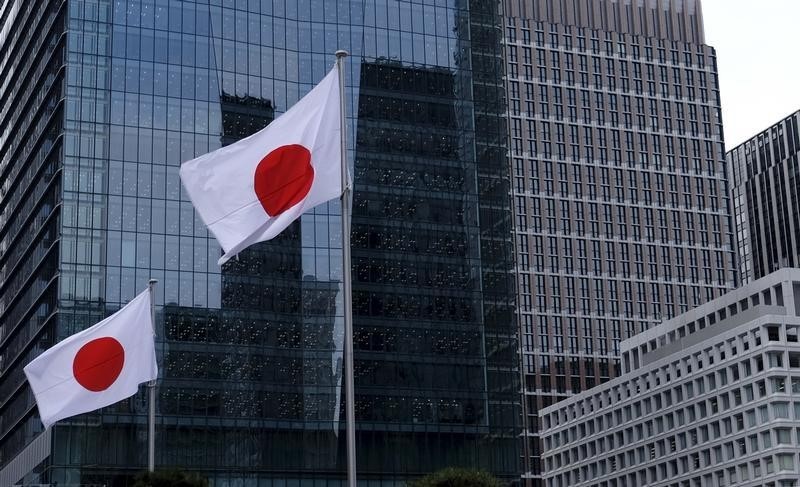Japan PPI inflation slips to 11-mth low in July
(Bloomberg) -- Japanese factories increased output in January for the first time in three months, signaling the country’s economic recovery is continuing despite a renewed state of emergency to contain the coronavirus.
Industrial production rose 4.2% from the previous month, the trade ministry reported Friday. Economists had projected a 3.8% gain amid rising exports, especially to China.
Separate figures showed retail sales fell 0.5% in January from a month earlier and continued falls in consumer prices in Tokyo.
While the drop in retail spending was smaller than during an wider-ranging emergency last year and economists’ forecasts, it still underscored a split in the recovery between domestic and export-driven sectors.
Key Insights
- Japan’s decision to focus its latest emergency advisory on bars and restaurants in major cities is exacting a smaller toll than last spring’s more wide-scale approach. While the economy is seen falling back into contraction this quarter, rising output reinforces the view that the recovery could return to a relatively solid footing once the emergency ends.
- With Prime Minister Yoshihide Suga set to decide whether to lift the emergency outside the Tokyo region early, resilience in economic data could help support financial markets. A dramatic improvement in Japan’s daily virus cases and last week’s start to the country’s vaccination drive are other reasons for optimism.
- Production has been helped by a pickup in overseas demand, particularly from China where Japan’s shipments rose by the most since 2010 last month.
- One issue for manufacturers everywhere is an ongoing global shortage of semiconductors. Economists are closely watching how that will weigh on the car industry, a key sector for Japan.
- The Bank of Japan will closely examine the latest data to gauge the impact of the emergency on the economy and the strength of output as exports continue to recover.
What Bloomberg Economics Says...
“Looking ahead, we expect production to drop in February, given an extension of the virus emergency until March 7. Beyond that, production is likely to recover gradually toward 2Q, assuming virus infections are brought under control in 1Q 2021 with the smooth supply of vaccines.”
--Yuki Masujima, economist
For the full report, click here.
Get More
- Tokyo’s consumer prices excluding fresh food, a leading indicator of nationwide inflation trends, fell at a slightly slower pace of 0.3% in February from a year earlier, according a separate report from the ministry of internal affairs.
- Retail sales decreased 2.4% in January compared with a year earlier, more than a 2.6% projected fall by economists.
- Industrial production is expected to rise 2.1% in February and fall 6.1% in March, according to a ministry survey.
©2021 Bloomberg L.P.
